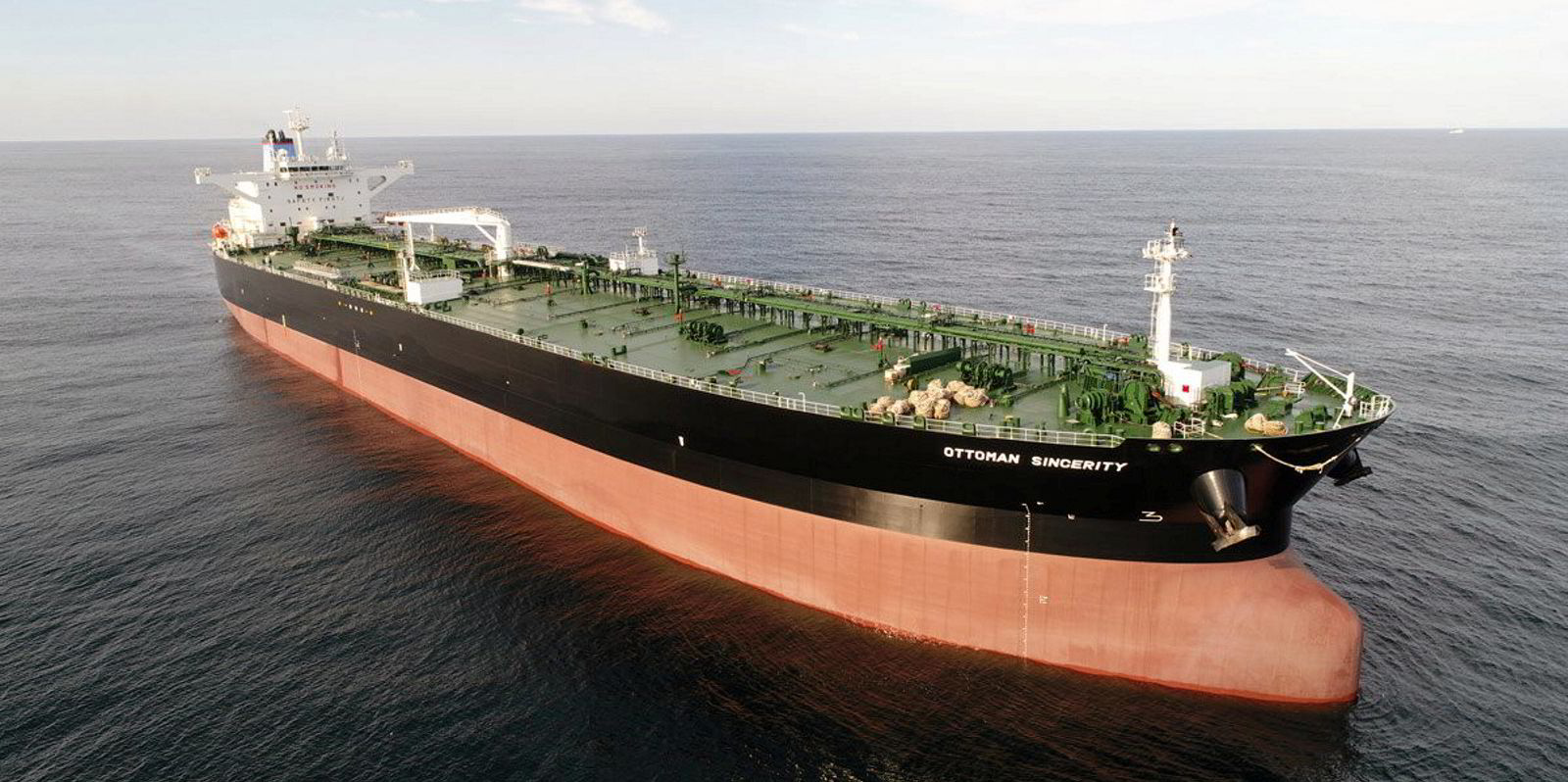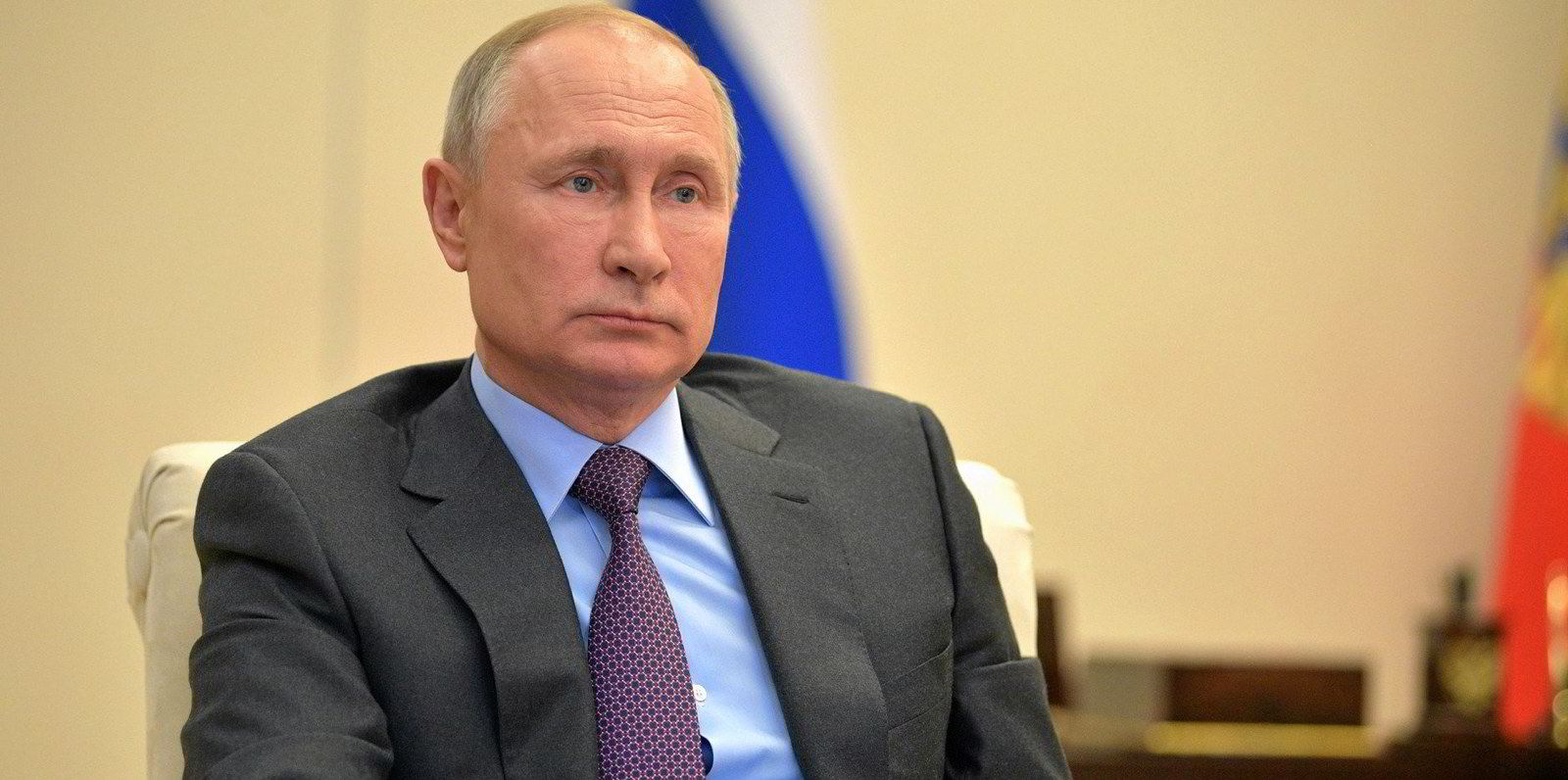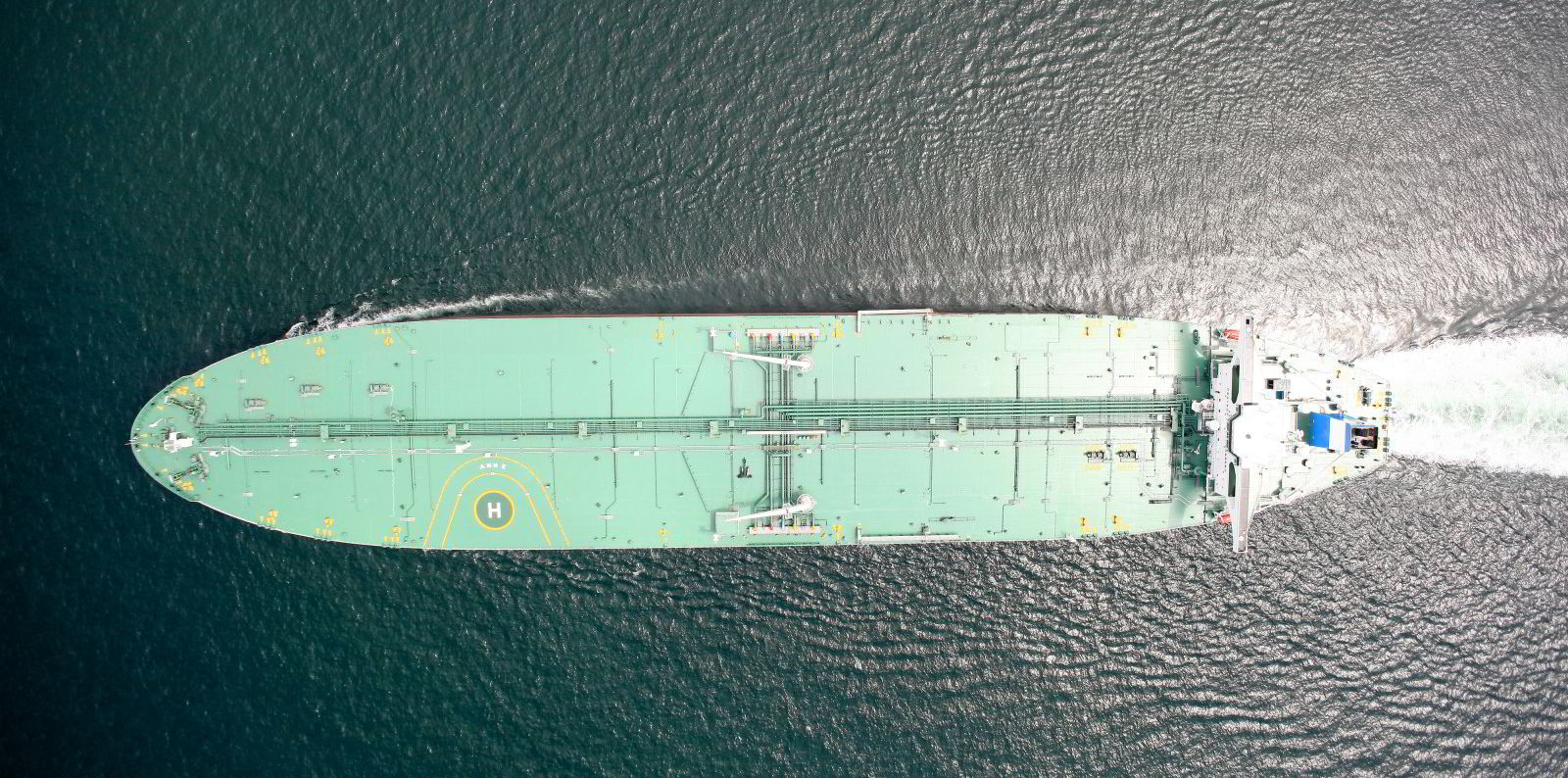Russian crude is likely to keep on finding buyers in the developing world, meaning continued changes to tanker trading patterns.
French shipbroker Barry Rogliano Salles (BRS) argues that discounted barrels will be welcomed in 69 nations currently struggling with high energy and food prices, and financial constraints.
The past few months have seen India take advantage of cheap Russian crude, upping imports from around 100,000 barrels per day (bpd) before the Ukraine war started, to around 900,000 bpd between March and May.
“We anticipate that the lure of cheap Russian oil will motivate other developing economies throughout the globe to purchase such barrels,” BRS said.
The broker sees Russian barrels as a method for nations to stave off inflationary pressure and associated civil unrest.
“In this context, we anticipate that the domestic considerations of many developing countries in Asia and Latin America will trump the considerations of the international community,” the Paris shop added.
The US, UK, European Union, Canada, Australia, New Zealand, Japan and Korea are shunning Russian oil.
This strengthens the notion that it will only be OECD countries that will stop importing Russian barrels, BRS said.
“Considering that Russian seaborne crude and products are currently being sold at large discounts versus other comparable global benchmarks, Russian oil will remain economic in all regions,” the broker added.
China’s seaborne imports of Russian crude have only risen by a modest 50,000 bpd since the war began, however.
Questions for China
BRS argues that China’s appetite for crude has remained low over the past couple of months as oil demand there struggles amid Covid-related lockdowns.
And Chinese refiners did not feel that Russia was adequately discounting its crude exports from Kozmino in the east, in comparison with Urals shipped from western outlets, the broker suggests.
If non-OECD appetite for Russian oil disappoints, the state will have to decrease its crude production and refinery throughput, decreasing global tanker demand, BRS said.
However, the company is firm in its belief that suezmaxes will be the winners and VLCCs will be the losers as more Atlantic Basin crude will be processed in the region rather than exported to Asia.
Mainstream aframax ships normally lifting Russian cargoes will migrate elsewhere in the Atlantic Basin, which will have a negative impact on rates, BRS added.






